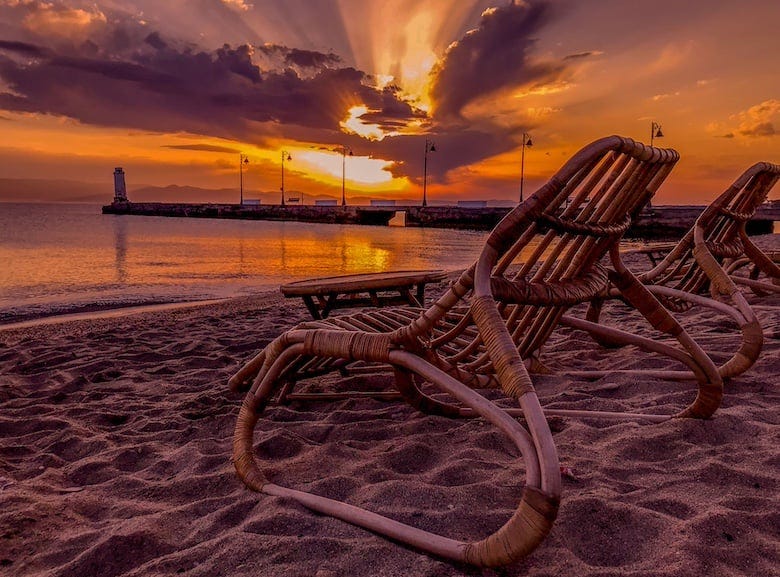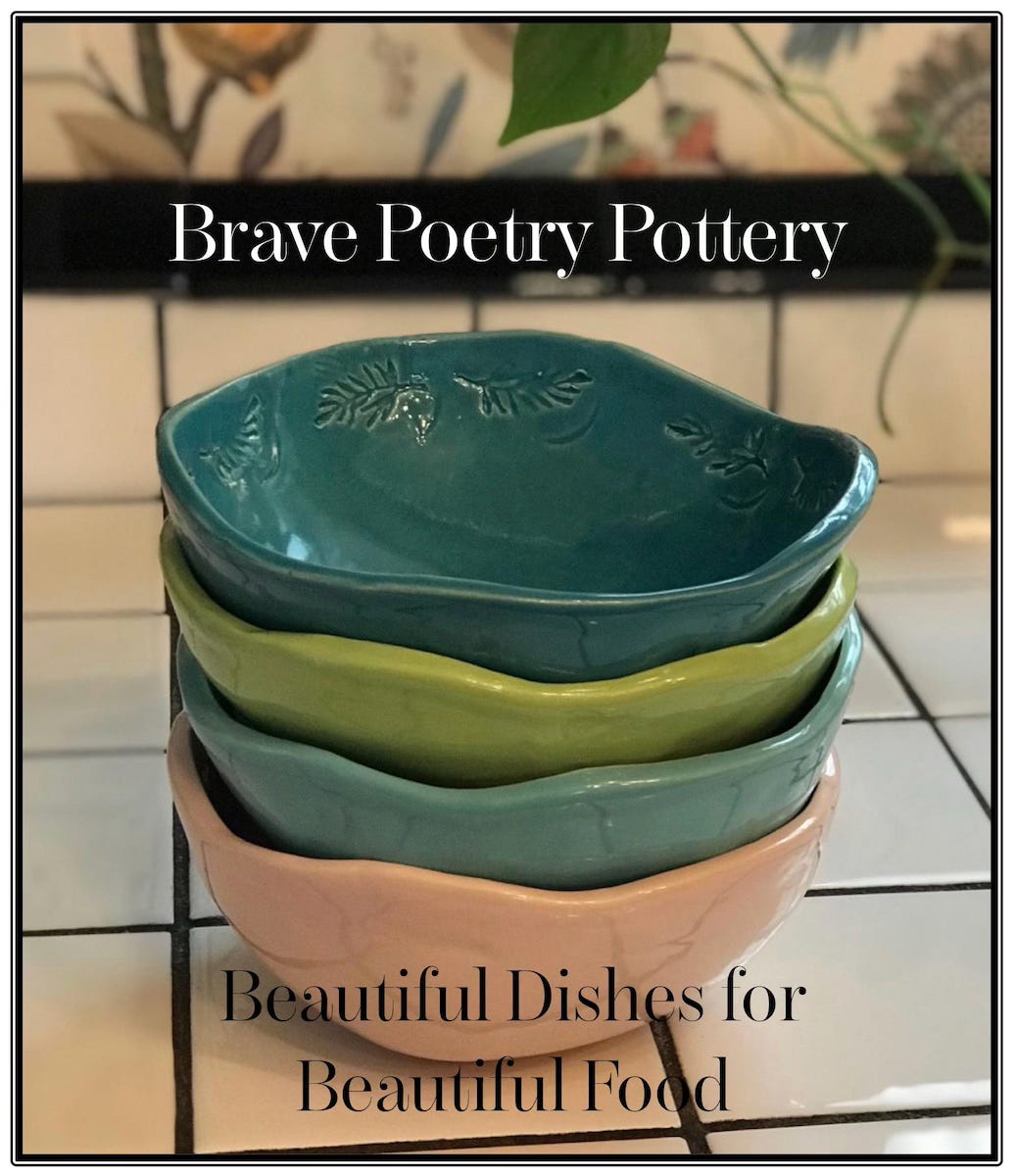Recently, a friend offered me a book she'd found at Goodwill. It is my memoir, published in 2011; it is the copy I signed and gave to my best friend Brother Martin Gonzalez, who figured prominently in the book. Martin died in 2021. Apparently, the abbey where he’d been a monk for sixty years had taken his books and other personal effects to Goodwill. By some grace, my friend discovered Martin’s copy of my book.
In it, I wrote that finding the monastery (called Our Lady of Guadalupe Abbey) was like discovering my spiritual home, though at the time, I knew no one there. At first, I visited the abbey anonymously to retreat, to sit in the chapel, to walk the woods. It was a few years later, in 2000, after I’d returned home from a couple of years in Scotland, that I met Brother Martin. Almost instantly, we were friends. Over the next twenty years, that friendship flowered into perhaps the most formative experience of my life. Martin loved me despite every foible and flaw and pointed me to divine love. Martin’s love seemed almost a sacrament—as in a “visible symbol of an invisible reality.” For years, we visited in person, left long voicemails for one another, and exchanged letters. My collection of letters from Martin numbers 300+, organized by date; they are among my most treasured possessions.
The illness that took Martin at the age of 96 came on the heels of the pandemic when the monastery was on lockdown for well over a year. When I was able to visit him at a convalescent hospital following a health scare, I had not seen Martin in person that entire time. For over an hour, we sat in the common area and caught up. As it turned out, he was being released the next day. Moreover, he told me the abbey was now open (information I later learned was incorrect). So when I went to leave, having strolled his wheelchair back to his room, I said quite cheerfully, “I’ll see you later this week!” With the abbey (supposedly) open, I could visit him again. But when I went to hug Martin goodbye, I noticed he was crying—something I had never seen him do. I assured him not to worry, telling him again that I’d see him soon. But he was clearly choking back tears. I held his hands as he gathered himself. I said it again: I’ll see you very soon.
Yet as I headed down the hall, it caught up to me as well. Then I was crying. By the time I got to my car, a sick feeling gripped me. Maybe he knows something, I wondered. Maybe he knows it is our last time together.
And sure enough, it was.
Though Martin and I talked a few more times over the course of a month as he grew sicker, I was unable to visit him. Each time, it grew harder to make out his words. About five weeks after seeing him in-person at the hospital, a mutual friend—someone close to the monks—called to inform me that Martin was dead. He also said no public funeral would take place because of the lock-down. A couple of weeks later, however, I visited the abbey’s website and was surprised to see a video of Martin’s funeral. At the service, fifty people were present in addition to the monks. Yet no one had invited me! I sat watching Martin's service on YouTube, seeing his body laid out on a pallet on the floor in the Trappist manner, with a feeling altogether surreal.
To say I was disappointed would be an understatement. Honestly, for a long time—for years even, I was hurt. But eventually, I came to see that people at the abbey simply did not know my and Martin’s closeness. I was not a literal family member to Martin. I was not close to the other monks or staff. When I have returned to the abbey in the years since his death, I no longer feel a sense of home there. I’ve come to see that much of the home-ness of that place was actually Brother Martin.
Sometimes that is what home is. It is a person. And sometimes the bond we share with that person is ours alone to understand and hold. This means that when the person is gone, we might feel a sense of desolation where previously we felt known and loved. Losing a person who provided us a sense of home—perhaps in a family or church or organization, can be lonely. It can leave us feeling unmoored and misunderstood. I know people for whom this someone was a spouse, a long-time best friend, or a special animal. These losses are particular because what’s held between the friends is often known only to them.
If you find yourself in this predicament, I wish you comfort and a deepening understanding of what—in all of its singularity—you and your loved one shared. As Spanish speakers say, Lo siento (I’m sorry)—which literally means, I feel it.
If you liked this article please leave me a comment below; I am interested in your perspective. To support my writing, please subscribe and share with a friend!







Thank you for sharing your story. I feel closer to you, Bro. Martin, and the abbey (including others I know and knew there) when I read that you got your signed memoir that you gave him returned to you. I also am reminded of the inadequacy of my acceptance of some of my father's final words before he passed. Plus, I have on my nightstand a memorial card of one of the monks, who passed away in 1997 and who is one of the two people in my life that I feel most loved by and with whom I continue to pray in contemplative silence in a way that I began with him and some others at the abbey. Take care.
I agree, a person can indeed be "home".